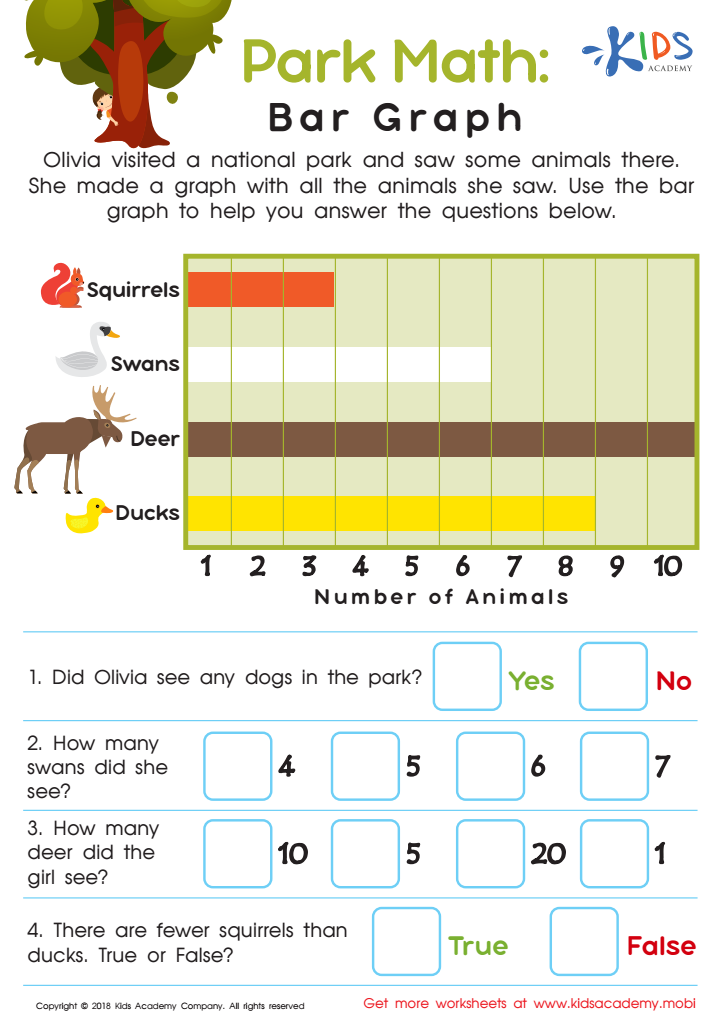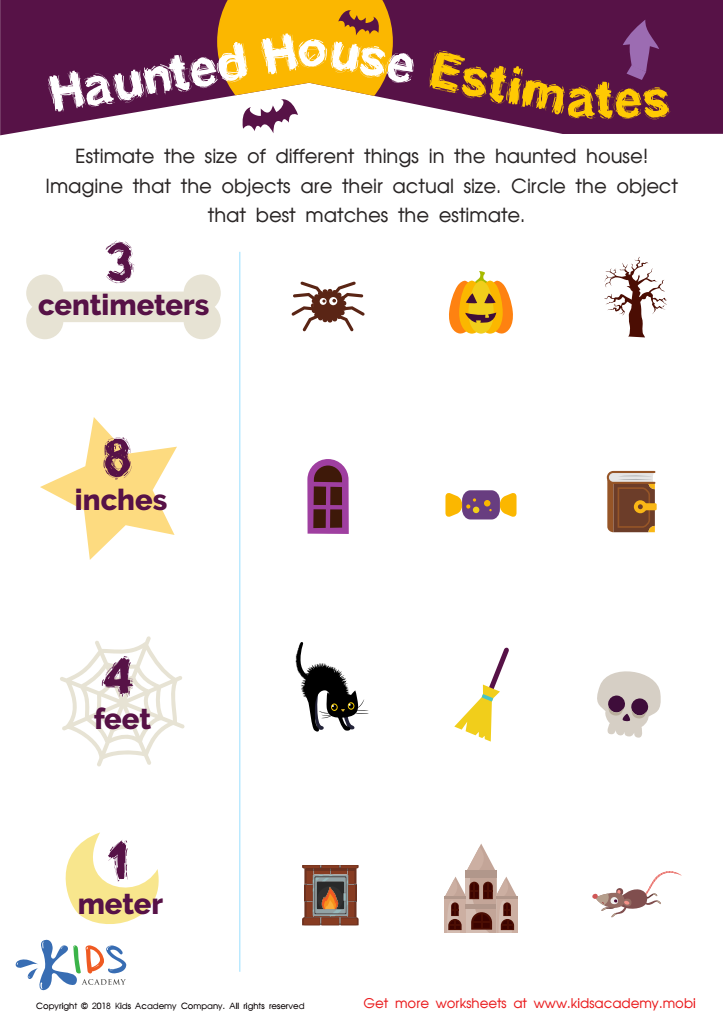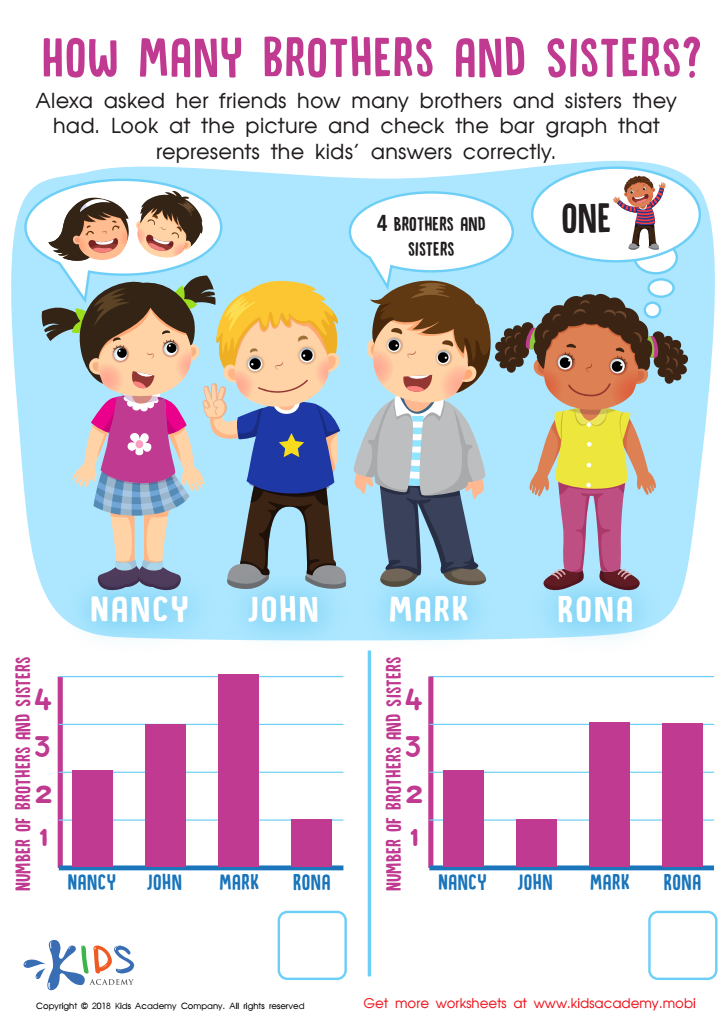Basic Addition Measurement Worksheets for Ages 6-8
3 filtered results
-
From - To
Discover the perfect learning tool with our Basic Addition Measurement Worksheets tailored for ages 6-8. Crafted to enhance young minds, these engaging worksheets combine fundamental addition skills with measurement concepts. Through fun and interactive activities, children will build a strong foundation in both math operations and understanding measurements. Suitable for home or classroom use, these worksheets help kids develop critical thinking, problem-solving abilities, and enhance their confidence in mathematics. Explore our collection and watch your child’s math skills flourish with every completed worksheet. Make learning enjoyable and effective with Kids Academy's expertly designed educational resources!


Park Math: Bar Graph Worksheet


Haunted House Estimates Worksheet


How Many Brothers and Sisters? Worksheet
Parents and teachers should care deeply about basic addition measurement for children aged 6-8 because it forms the cornerstone of their mathematical understanding and enhances their problem-solving abilities. At this age, children are in the critical stages of their cognitive development, where foundational skills are established. Mastering basic addition enables them to make sense of more complex mathematical concepts in the future.
Additionally, understanding addition isn’t just about numbers; it promotes logical thinking and reasoning. As they apply addition to real-life situations, children learn to measure time, money, and distances, fostering practical life skills. Helping children grasp these early math skills boosts their confidence, positively affecting their overall academic performance.
Furthermore, early success in math sets a love for the subject, counteracting math anxiety that many students experience later. When parents and teachers provide support and interactive learning experiences, they create an engaging environment that makes abstract concepts more tangible. Educational activities, such as using building blocks or playing number games, make learning fun and effective.
Overall, investing in basic addition measurement at this stage is crucial; it nurtures a child’s intellectual growth, prepares them for future scholastic achievements, and promotes a lifelong positive attitude towards mathematics.
 Assign to My Students
Assign to My Students
















